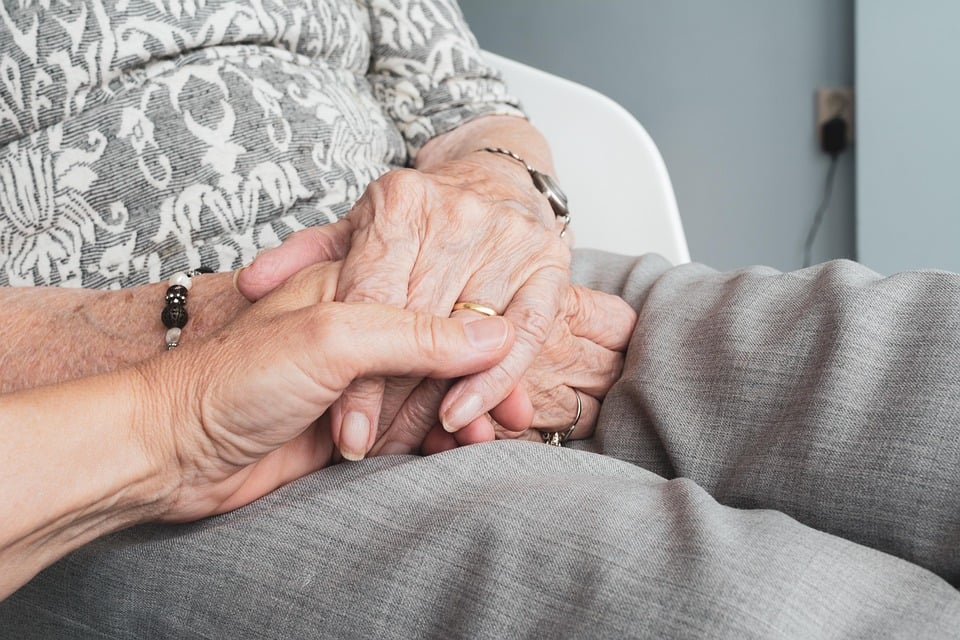
Stevia, widely recognized as a zero-calorie sugar substitute, may hold the key to more significant health benefits. A recent study by Hiroshima University has revealed that when stevia leaf extract is fermented with bacteria isolated from banana leaves, it effectively kills pancreatic cancer cells without harming healthy kidney cells. These groundbreaking findings were published on April 28 in the International Journal of Molecular Sciences.
“Globally, the incidence and mortality rates of pancreatic cancer continue to rise, with a five-year survival rate of less than 10%,” said Narandalai Danshiitsoodol, co-author and associate professor in the Department of Probiotic Science for Preventive Medicine at Hiroshima University. “Pancreatic cancer is highly invasive and prone to metastasis, showing significant resistance to existing treatments, such as surgery, radiotherapy, and chemotherapy. There is an urgent need to identify new and effective anticancer compounds, particularly those derived from medicinal plants.”
Exploring the Potential of Stevia
Previous research had hinted at the anticancer potential of stevia leaf extract, yet isolating the specific bioactive components that combat cancer cells proved challenging. According to Danshiitsoodol, fermenting stevia with bacteria can alter its structure and produce bioactive metabolites, which are compounds that can affect living organisms.
“To enhance the pharmacological efficacy of natural plant extracts, microbial biotransformation has emerged as an effective strategy,” explained Masanori Sugiyama, the study’s corresponding author and a professor in the same department. Sugiyama’s lab has isolated and evaluated over 1,300 lactic acid bacteria (LAB) strains from various natural sources. “In this study, we aimed to compare LAB-fermented and non-fermented extracts to identify key compounds that enhance bioactivity, ultimately contributing to the efficacy of herbal medicine in cancer prevention and therapy.”
Breakthrough Findings and Methodology
The research team specifically fermented stevia leaf extract with the plant-derived Lactobacillus plantarum SN13T strain (FSLE) and compared its effects on pancreatic cancer (PANC-1) cells and non-cancerous human embryonic kidney cells HEK-293. The results demonstrated that FSLE had significantly greater cytotoxicity against cancer cells than non-fermented extracts, while exhibiting lower toxicity toward healthy cells.
“Our findings indicate that FSLE demonstrates significantly greater cytotoxicity than the non-fermented extract at equivalent concentrations, suggesting that the fermentation process enhances the bioactivity of the extract,” Sugiyama noted. “Notably, FSLE exhibited lower toxicity toward the HEK-293 cells, with minimal inhibition observed even at the highest concentration tested.”
Key Compounds and Future Research
Further analysis identified chlorogenic acid methyl ester (CAME) as the active anti-cancer compound. The fermentation process reduced the concentration of chlorogenic acid six-fold, indicating a microbial transformation facilitated by specific bacterial enzymes.
“This microbial transformation was likely due to specific enzymes in the bacteria strain used,” Danshiitsoodol stated. “Our data demonstrate that CAME exhibits stronger toxicity to cells and pro-apoptotic effects—encouraging cell death—on PANC-1 cells compared to chlorogenic acid alone.”
The researchers plan to extend their study to a mouse model to better understand the effectiveness of various dosages across a whole-body system. “The present study has substantially enhanced our understanding of the mechanism of action of the Lactobacillus plantarum SN13T strain in the fermentation of herbal extracts, while also offering a valuable research perspective on the potential application of probiotics as natural anti-tumor agents,” Danshiitsoodol added.
Implications for Cancer Treatment
This development represents a significant step forward in the search for new cancer treatments. With pancreatic cancer’s notorious resistance to conventional therapies, the potential of natural compounds like stevia, enhanced through fermentation, offers a promising alternative. The study’s findings could pave the way for further research into plant-based anticancer agents, potentially leading to more effective treatments with fewer side effects.
Contributors to the study include Rentao Zhang and Masafumi Noda from the Department of Probiotic Science for Preventive Medicine, as well as Sayaka Yonezawa and Keishi Kanno from the Department of General Internal Medicine at Hiroshima University Hospital. Their collaborative efforts underscore the importance of interdisciplinary research in tackling complex health challenges.






